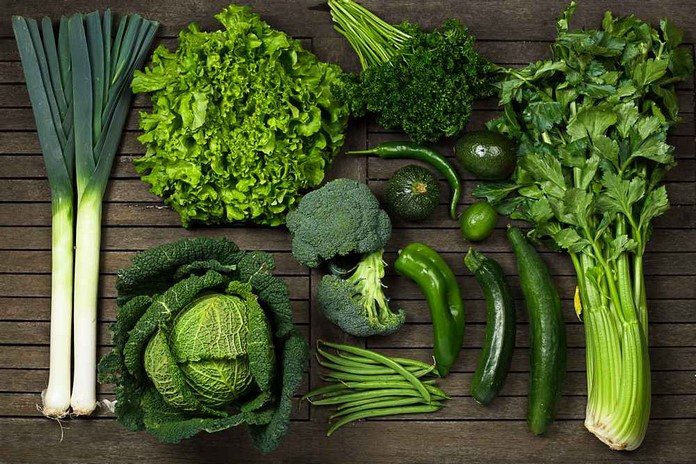Foods that may slow or prevent Alzheimer’s

A variety of foods have significant cognitive benefits and the studies prove that eating such foods regularly can slow down the progression of Alzheimer’s. Some of these foods include leafy greens, turmeric, and blueberries and they promote antioxidant, anti-inflammatory and other brain health promoting properties. Colored vegetables and fruits consist of numerous antioxidant pigments which help in protecting the brain and might prevent the development of Alzheimer’s. However, it is important to note that there is no solid evidence of prevention of Alzheimer’s disease by avoiding or eating certain foods. [9]
Scientists are focusing on the potential benefits of certain foods to promote brain health and to prevent cognitive decline. According to a study, the report of eating habits of older adults state that having a serving of green leafy vegetable daily has a direct link in slowing down the age-related decline in cognitive abilities of older adults.
The MIND and Mediterranean diet foods for Alzheimer’s:
Mediterranean diet shows promising effects on Alzheimer’s patients and it mainly includes the addition of whole grains, fresh fruits, vegetables, fish, and legumes. The MIND and Mediterranean diet focuses on the limitation of salt, processed foods, and red meat intake. The MIND diet stands for Mediterranean DASH intervention for neurodegenerative delay and it implies the dietary guidelines to stop hypertension. As hypertension is a risk factor for the development of Alzheimer’s disease, so it is better to adopt the DASH guidelines to slow down the progression of Alzheimer’s. Following is the list of certain powerful foods which help in the slowdown and prevention of Alzheimer’s:
Leafy green vegetables
Leafy green vegetables are full of rich nutrients which impart positive effects on brain health and cognitive functions. Eating leafy green vegetables at least six servings per week potentially decrease cognitive decline and reduce any chance of future cognitive decline. The aging adults must include green leafy vegetables in their diet more frequently to fight against Alzheimer’s. Leafy greens like spinach, kale, broccoli, and collards are rich in vitamin K, lutein, beta carotene, and folate. All of these brain-healthy nutrients help slower the cognitive decline due to Alzheimer’s disease. The results keep stacking up about the positive impact of eating green leafy vegetables and reduction of dementia or Alzheimer’s in older adults.
